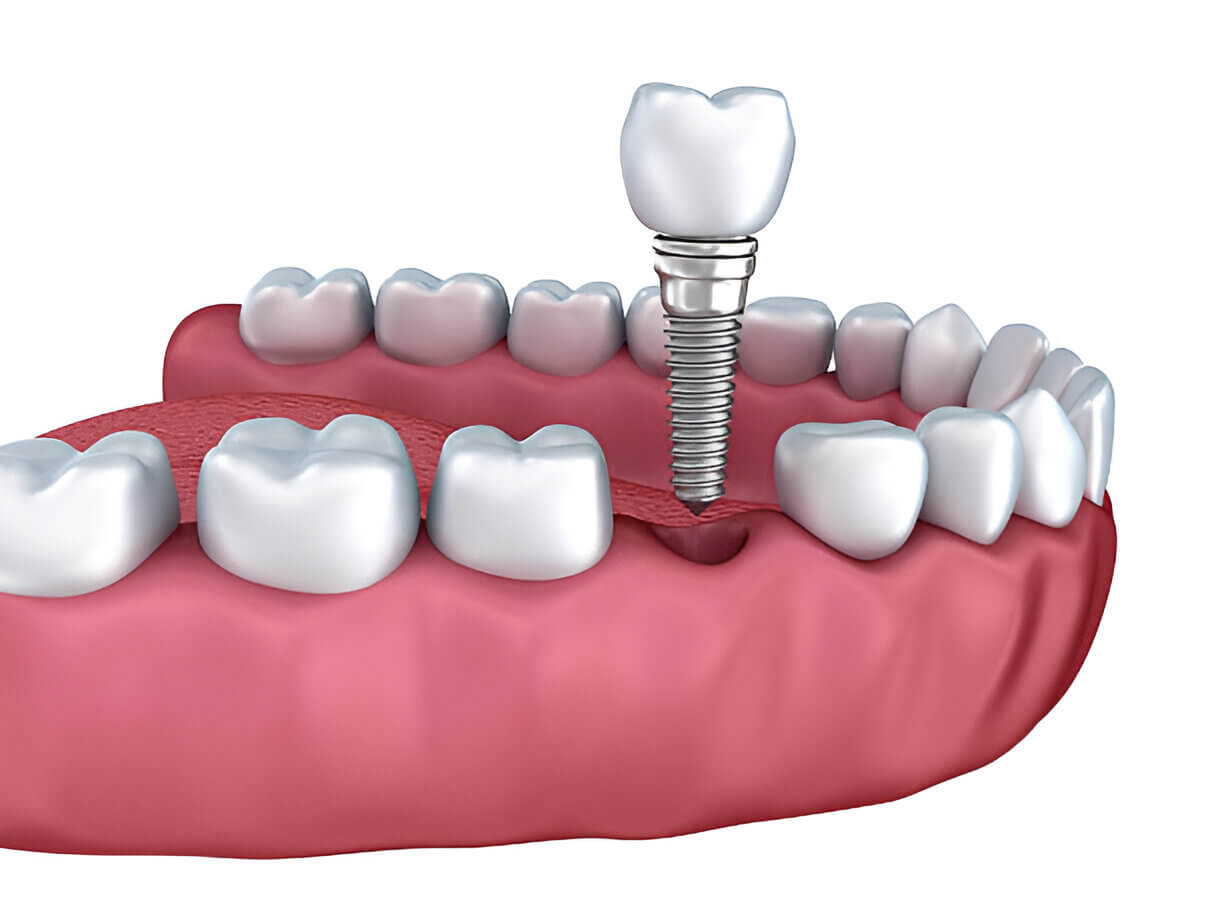Wisdom teeth removal is a common dental procedure that many people undergo, typically in their late teens or early twenties. However, the cost associated with this procedure can vary significantly, depending on whether you have dental insurance and the specifics of your insurance plan. This comprehensive guide will explore whether dental insurance covers wisdom teeth removal, including the cost with and without insurance, and whether it is covered by medical or dental insurance. We’ll use keywords like “wisdom tooth removal cost with insurance,” “wisdom tooth removal cost without insurance,” and “is wisdom teeth removal covered by medical or dental insurance” to ensure the content is SEO optimized and useful.
Understanding Wisdom Teeth Removal
Wisdom teeth, or third molars, are the last set of teeth to develop. For many people, these teeth can cause problems such as pain, infection, and crowding of other teeth. As a result, wisdom teeth removal is often recommended. The procedure involves surgically extracting one or more wisdom teeth, which can be impacted or partially erupted.
Is Wisdom Teeth Removal Covered by Medical or Dental Insurance?
Dental Insurance Coverage
Most dental insurance plans cover wisdom teeth removal, particularly if it is deemed medically necessary. Here are some steps to determine if your dental insurance covers this procedure:
- Review Your Policy: Carefully read your dental insurance policy to understand what is covered. Look for sections related to oral surgery and extractions.
- Contact Your Insurance Provider: Speak directly with your insurance provider to get detailed information about your coverage. Ask specifically about wisdom teeth removal.
- Pre-Authorization: Some insurance plans require pre-authorization for surgical procedures. Ensure you have the necessary approvals before undergoing the surgery.
Medical Insurance Coverage
In some cases, medical insurance may cover the removal of wisdom teeth, especially if the procedure is required due to a medical condition or accident. For instance, if the wisdom teeth are causing severe infection, cysts, or tumors, or if there is an underlying medical issue that necessitates their removal, your medical insurance might cover the costs. However, this is less common than coverage under dental insurance.

Wisdom Tooth Removal Cost with Insurance
The cost of wisdom tooth removal with insurance can vary based on several factors, including your insurance plan, the complexity of the extraction, and your location. Generally, dental insurance plans cover a significant portion of the cost, but you may still be responsible for co-pays, deductibles, and any costs that exceed your coverage limits.
- Basic Extraction: For a simple extraction of a fully erupted wisdom tooth, the cost with insurance might range from $75 to $200 per tooth.
- Surgical Extraction: For impacted or partially erupted teeth requiring surgical removal, the cost can range from $225 to $600 per tooth with insurance.
- Anesthesia: If general anesthesia is required, this can add to the cost. Some insurance plans cover anesthesia, while others may not.
Wisdom Tooth Removal Cost Without Insurance
If you do not have dental insurance, the cost of wisdom tooth removal can be significantly higher. Here’s a breakdown of the potential costs:
- Basic Extraction: Without insurance, the cost for a simple extraction can range from $75 to $300 per tooth.
- Surgical Extraction: For a more complex surgical extraction, costs can range from $225 to $1,000 per tooth without insurance.
- Anesthesia: The cost of anesthesia can add $200 to $500 to the overall cost, depending on the type used and the duration of the procedure.
Reducing the Cost of Wisdom Teeth Removal
Even if you do not have dental insurance, there are ways to reduce the cost of wisdom teeth removal:
- Dental Schools: Consider having the procedure done at a dental school, where supervised students perform the surgery at a reduced cost.
- Payment Plans: Many dental offices offer payment plans or financing options to spread the cost over time.
- Discount Dental Plans: Look into discount dental plans that provide reduced rates on dental procedures for a membership fee.
- Community Health Clinics: Some community health clinics offer dental services on a sliding scale based on income.
Ainsurance 4U: Your Partner in Dental Coverage
Navigating dental insurance can be challenging, but Ainsurance 4U is here to help. Our team specializes in finding the best dental insurance plans that cover essential procedures like wisdom teeth removal. We provide personalized guidance to ensure you receive the coverage you need without unnecessary financial stress.
Conclusion
Determining whether dental insurance covers wisdom teeth removal requires understanding your specific policy and the details of your coverage. While most dental insurance plans do cover the procedure, the extent of coverage can vary. By reviewing your policy, contacting your insurance provider, and exploring alternative ways to reduce costs, you can manage the financial aspects of wisdom teeth removal more effectively.
This blog aims to provide a comprehensive resource for anyone seeking information on the cost and insurance coverage of wisdom teeth removal. By using targeted keywords and offering detailed, practical advice, we strive to make this guide a valuable tool for those navigating the complexities of dental insurance.

